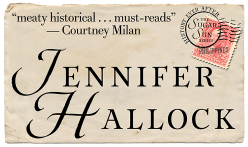About a year ago I co-hosted a baby shower for two friends, one of whom teaches history with me. To guard their privacy, I will rename the couple Leo and Julia Sterling, partly based on yesterday’s and today’s names of the day at BehindtheName.com, one of my favorite character development tools. The fake surname came from a new tool that I will have to add to my list: the name generator.
Because this speech fits into my recent dive into nineteenth-century medicine, sex education, and medical history in general, I thought that I would publish it here.
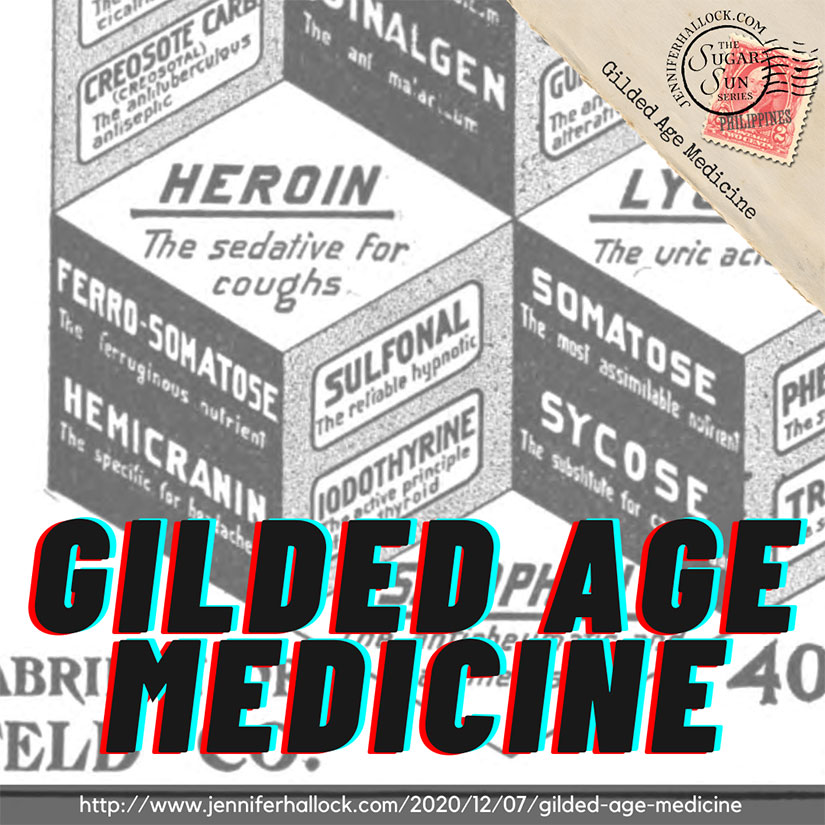
Victorian childbirth and child-rearing: A Toast
In the division of labor that produced this shower, my fellow co-hosts chose me to say a few words because of my extensive experience in childbirth and child-rearing. [Ahem, no.]
I thought that I would start with a language Leo and I both understand: history. I sought advice from Victorian England, which as we all know is really the apex of inclusivity, equality, and morality. [More laughter because, yes, this is ridiculously untrue.]
I first took a look through Letters to a Mother, on the Management of Herself and her Children in Health and Disease, Embracing the Subjects of Pregnancy, Childbirth, Nursing, Food, Exercise, Bathing, Clothing, etc. etc. with Remarks on Chloroform. The chloroform was for the mother, not the child, to help her remain “in a state of quiet, placid slumber” throughout birth, just like Queen Victoria. That sounds awesome. Dangerous, maybe, but awesome. [Edited later: According to her physician, “The chloroform was not at any time carried to the extent of quite removing consciousness.” So less dangerous, but probably still awesome.]
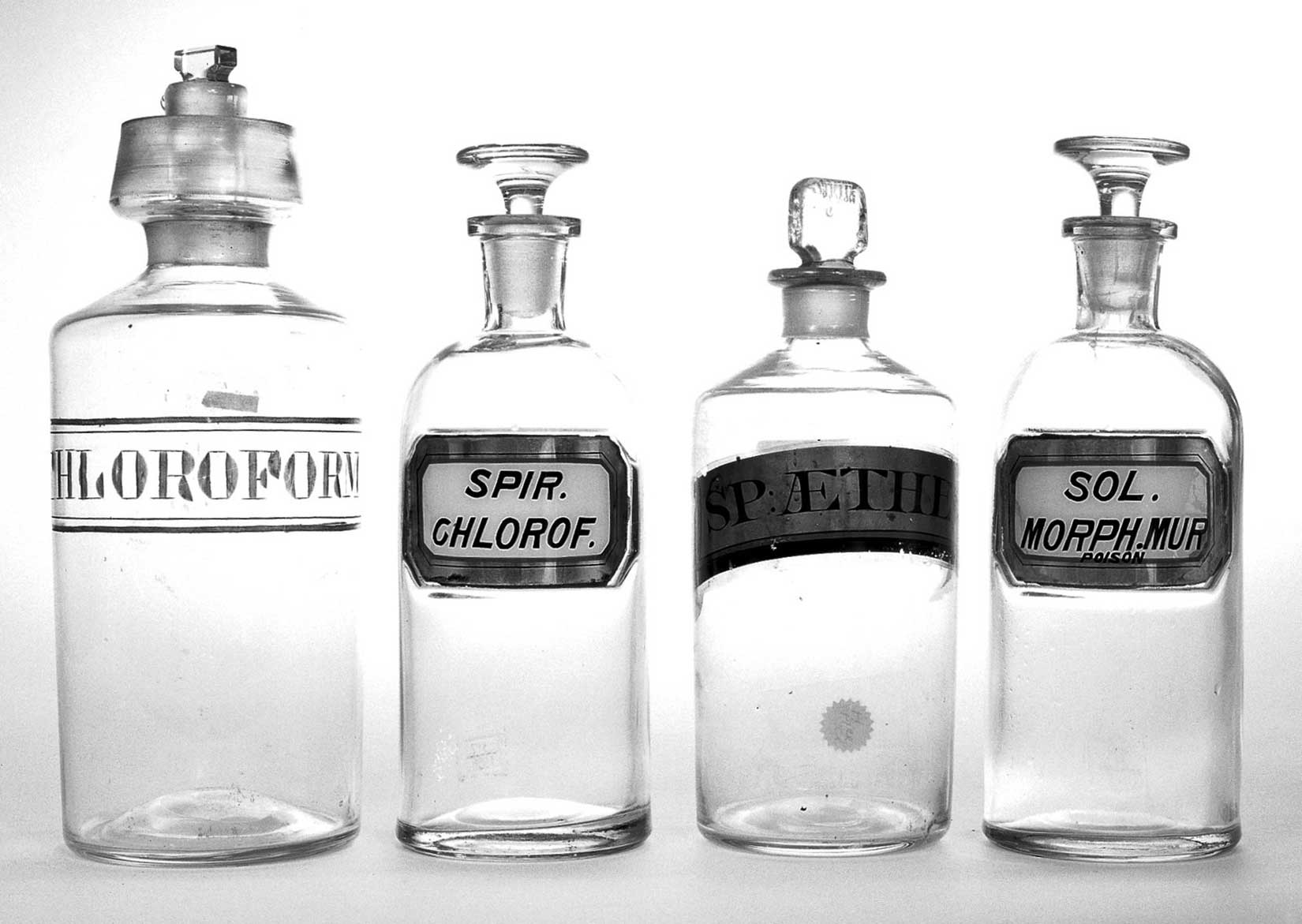
This book also warns us not to make the baby’s room in the basement of the house, so—Leo? Julia?—I think we’re good there. In other research, the Boston Medical Journal does warn of the “intemperate use of fruit,” and I am not sure what to tell you to do with that piece of information.
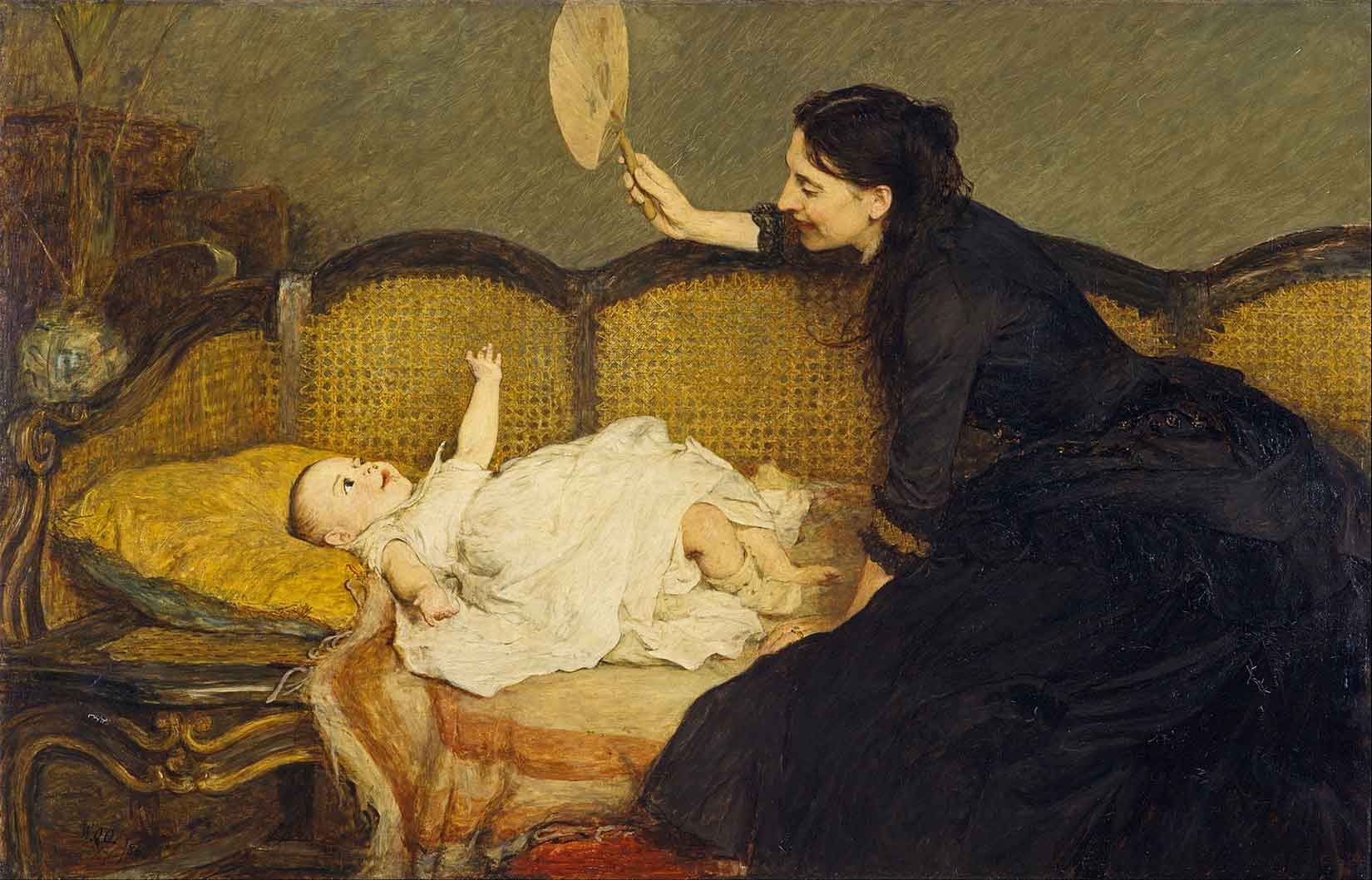
Woman’s Worth; or, Hints to Raise the Female Character is maybe a better fit for us, especially for Julia’s interests. It seems to know of her love of “the blandishments of the theatre [and] the excitements of the dance,” and it mentions the option of committing “the charge of her child to dependents and servants” so that she preserve time for all her interests. This sounds good to me, as well; but in the same pages, the book advises that a parent’s influence is essential in the child’s character development. For no matter the “attractiveness of children, there are in those young hearts the seeds of evil,” including “dark deformity, headstrong passions, and vicious thoughts.” I think all of the educators in this room are nodding their heads.
Is proper education the answer, you wonder? The Rearing and Training of Children cautions that reading “is generally begun too early,” so maybe you will just have to throw away all those children’s books you’ve received, including the ones from us.
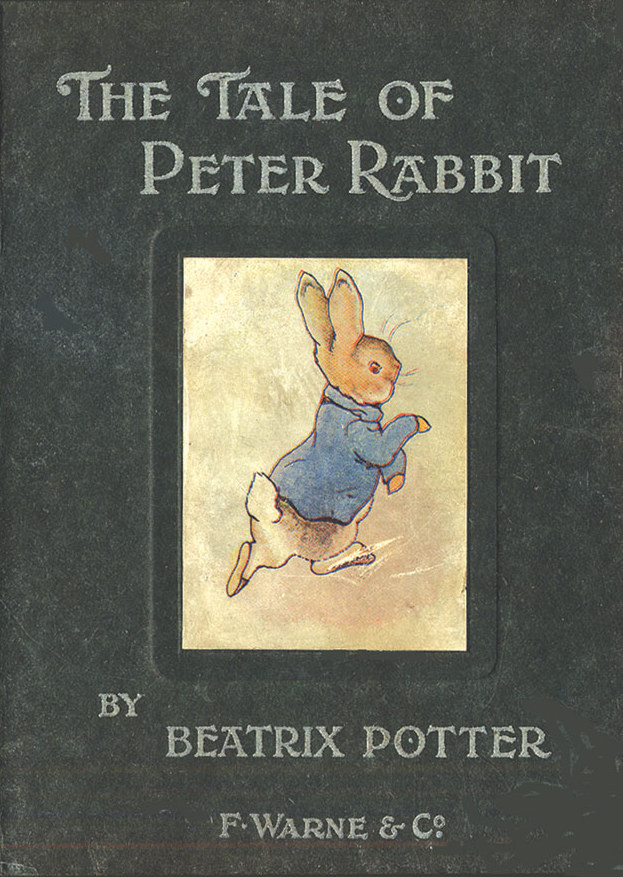
The manual continues: “As for committing prose or verse to memory, the practice, good enough in some respects, is much abused. Children will remember what they know and feel interested in, and knowledge should come to them easily, sweetly, and naturally.” Leo, I think your students would like you to pay particular attention to this point. There is “no necessity for any part of education being made irksome.”
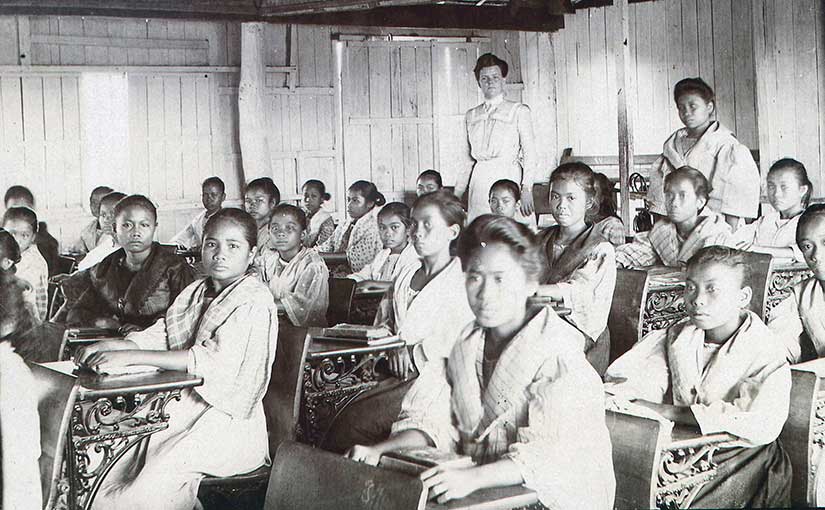
But, frankly, I don’t think any of these manuals are helpful to us. History has failed me. What else can I draw upon? Well, I have raised three dogs from puppies, and I treat them all like my children. In that case, I cannot stress enough the importance of crate-training. The general rule of thumb is that your new furry bundle of joy can be left in his crate about an hour at a time for each month of age. Also, freeze-dried liver and pigs’ ears are particularly effective training treats and sure to be your baby’s favorite, especially if we are to avoid that nefarious fruit.

Wait, has none of this been helpful?
Okay, well then let me say what we all know: Baby Sterling will be raised by two amazing parents. It has won the womb lottery. There is a reason that so many of us are here, that we seek Julia and Leo out in the Dining Hall or at faculty functions (and, yes, Leo, it is not just Julia we look for but you too). We are honored to be by your side as you start this new stage of your life. Know that there are many people in this room from whom you can seek support, comfort, and company. I just wouldn’t recommend asking your department head for advice.
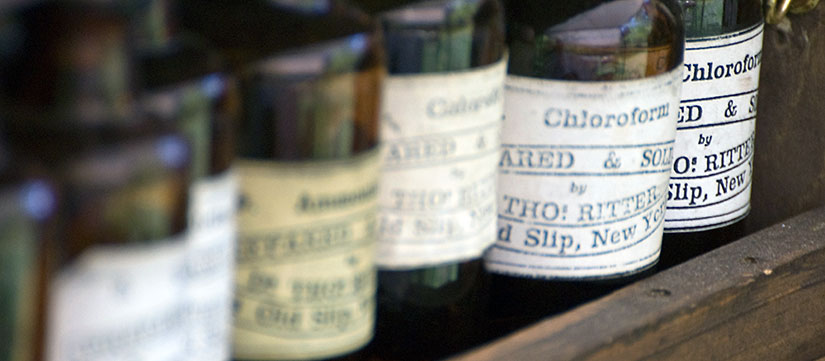
Bibliography
Brown, William C., ed. The Mother’s Assistant and Young Lady’s Friend. Boston: David H. Els, 1841. Accessed August 23, 2019. http://books.google.com/books?id=65NQAQAAMAAJ.
Caton, Donald. What a Blessing She Had Chloroform: The Medical and Social
Response to the Pain of Childbirth from 1800 to the Present. New Haven,
Conn.: Yale University Press, 1999. EBSCO eBook Collection (53042).
Conquest, J. T., M.D., F.L.S. Letters to a Mother, on the Management of Herself and her Children in Health and Disease, Embracing the Subjects of Pregnancy, Childbirth, Nursing, Food, Exercise, Bathing, Clothing, etc. etc. with Remarks on Chloroform. London: Longman and Co., 1848. Accessed September 15, 2019. http://books.google.com/books?id=ACdlAAAAcAAJ.
The Metropolitan Working Classes’ Association for the Betterment of Public Health. The Rearing and Training of Children. London: John Churchill, 1847. Accessed September 15, 2019. http://books.google.com/books?id=o_MDAAAAQAAJ.
Woman’s Worth; or, Hints to Raise the Female Character. London: H.G. Clarke & Co., 1844. Accessed September 15, 2019. http://books.google.com/books?id=vmtjAAAAcAAJ.
